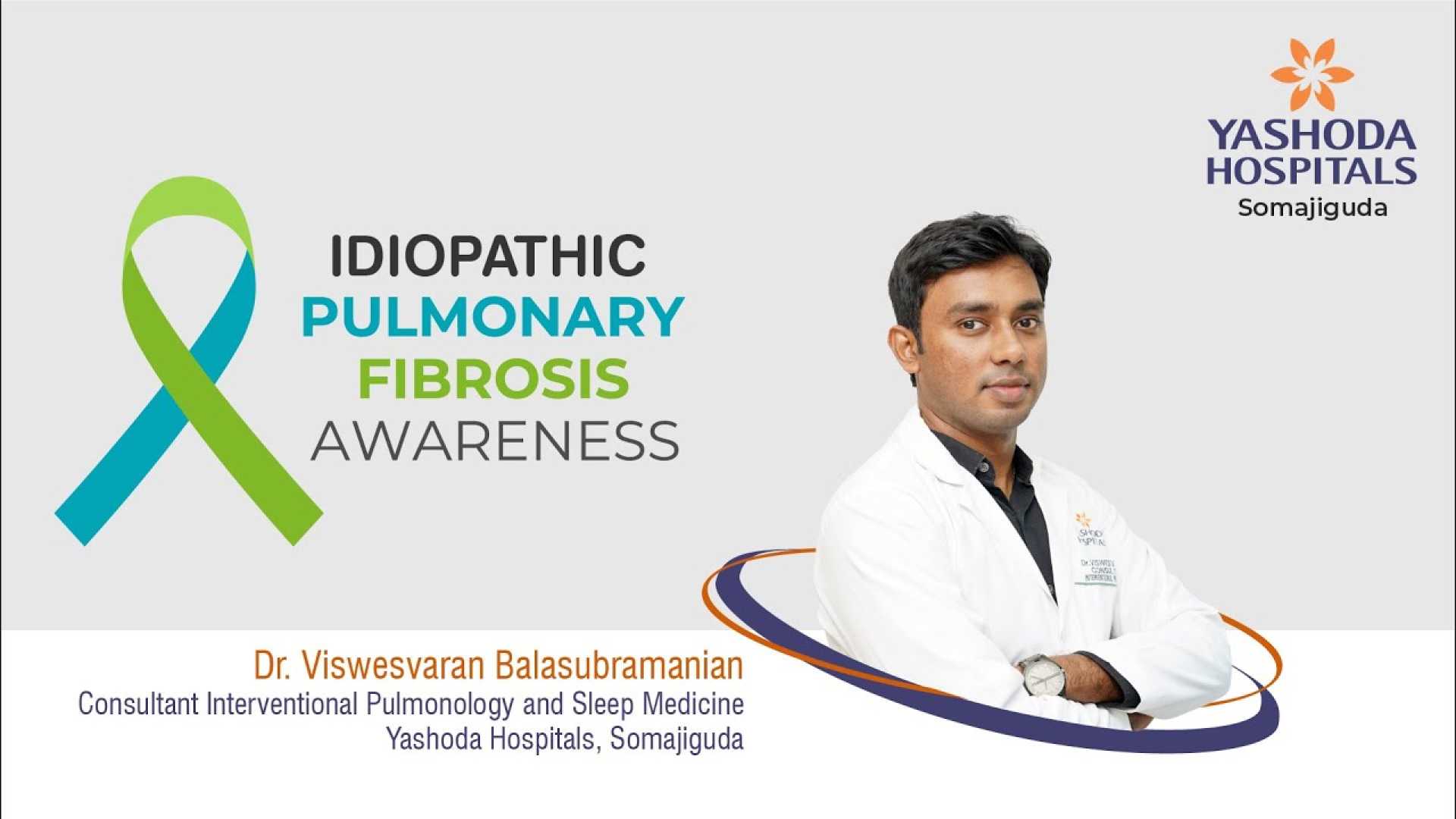Health
Patient Raises Awareness About Idiopathic Pulmonary Fibrosis

Lesley Berry, a 74-year-old resident who has been experiencing the life-changing effects of idiopathic pulmonary fibrosis (IPF), is actively working to help others recognize the symptoms of this disease early. Diagnosed in June 2020 by Ipswich and Papworth Hospitals, Ms. Berry had been dealing with persistent coughs and increased breathlessness for over a year before the diagnosis.
Ms. Berry described her condition, stating, “Pulmonary fibrosis is a serious, life-limiting disease, which causes the lungs to become stiffer and smaller over time, making it more and more difficult to breathe.” She explained that the typical prognosis after diagnosis ranges from three to five years, during which time the disease significantly impacts daily life. “The illness steals your breath, shrinks your world, and makes everyday life a huge challenge,” she added. “It takes extraordinary effort to do ordinary things – it’s like climbing a mountain every single day.”
IPF is a type of pulmonary fibrosis with an unknown cause. While there is currently no cure, anti-fibrotic drugs can aid in slowing the progression of the disease, and some patients might qualify for a lung transplant. In severe cases, individuals may require oxygen cylinders to assist with breathing. IPF commonly affects those over the age of 50, individuals with a family history of lung scarring, or those who smoke or have smoked.
Lesley Berry is currently involved in efforts to raise funds for research aimed at finding a cure for IPF. She has expressed gratitude towards the respiratory team at Ipswich Hospital for their medical and holistic support and noted that she has been referred to a hospice for additional support.
“I am now trying to spread the word about this illness so that others can get help early,” said Ms. Berry. She urged anyone experiencing a persistent cough lasting more than eight weeks and increased breathlessness to consult their GP about the possibility of having pulmonary fibrosis. “You could be given medication to help slow its progression, in turn giving you more time doing the things you enjoy with the people you love,” she advised.












